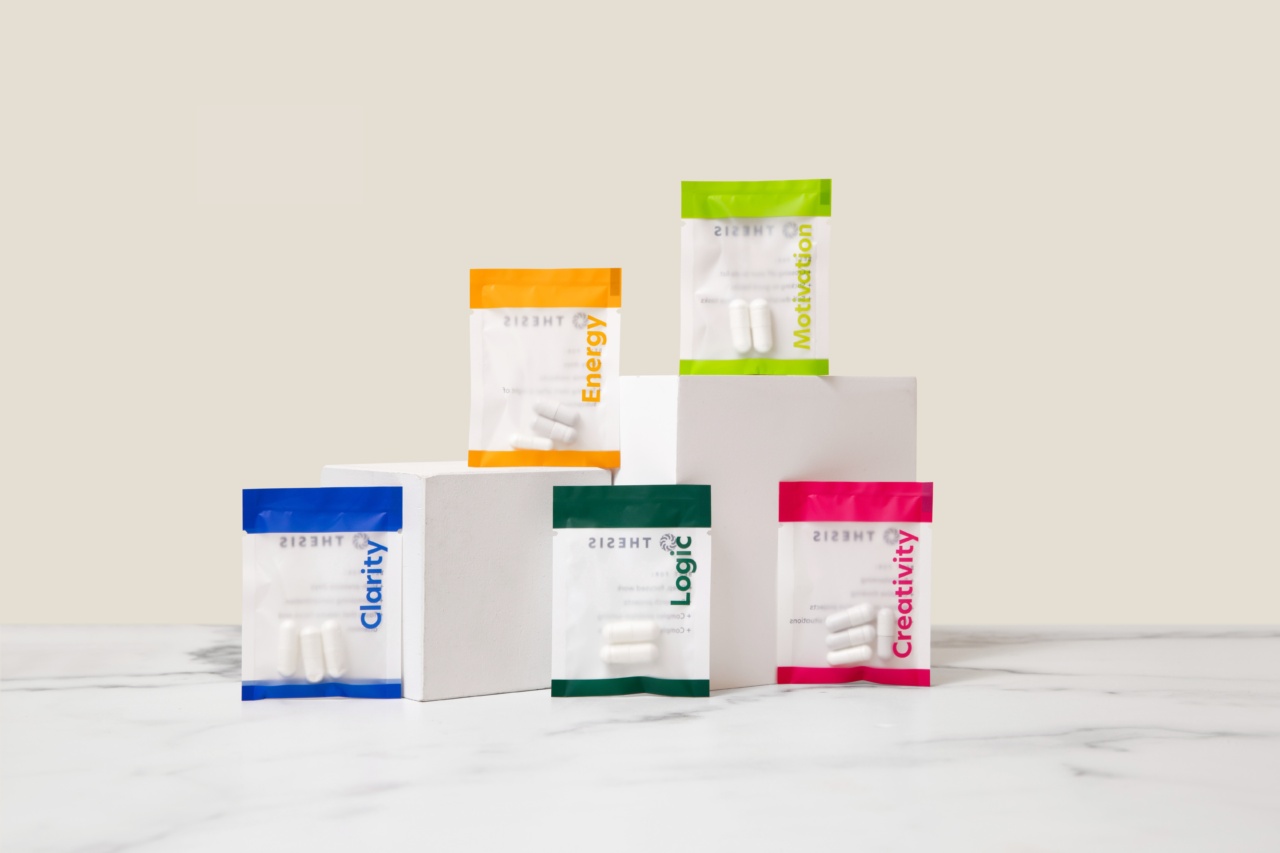Prostate cancer is one of the most common types of cancer that affects men. It occurs in the prostate gland, which is a small walnut-shaped gland that produces seminal fluid.
While there are various treatment options available for prostate cancer, many individuals also explore alternative approaches to complement traditional treatments. One such approach is the consumption of vitamins and supplements, which are believed to work wonders in beating prostate cancer. In this article, we will discuss some of the vitamins that have shown potential in fighting against prostate cancer.
Vitamin D
Vitamin D, also known as the sunshine vitamin, is essential for maintaining bone health and supporting overall immune function. Recent research suggests that vitamin D may also play a role in prostate cancer prevention and treatment.
Studies have shown that men with low levels of vitamin D are more likely to develop aggressive forms of prostate cancer. Additionally, vitamin D has demonstrated anti-cancer properties by inhibiting the growth of prostate cancer cells and promoting their death.
Vitamin E
Vitamin E is a powerful antioxidant that helps protect cells from damage caused by harmful free radicals. Some studies have indicated that vitamin E may reduce the risk of prostate cancer and slow down tumor growth.
However, it’s important to note that high doses of vitamin E supplements may increase the risk of prostate cancer in some individuals. Therefore, it is advisable to consume vitamin E through natural food sources like nuts, seeds, and leafy green vegetables.
Vitamin C
Vitamin C is well-known for its immune-boosting properties and its ability to fight off various illnesses. It has also shown potential in preventing and treating prostate cancer.
Studies have suggested that vitamin C can inhibit the growth of prostate cancer cells and induce apoptosis, which is programmed cell death. Including vitamin C-rich foods like citrus fruits, berries, and bell peppers in your diet can be beneficial in the battle against prostate cancer.
Selenium
Selenium is a trace mineral that plays a crucial role in DNA synthesis and protection against oxidative damage. It has been studied for its potential in reducing the risk of prostate cancer.
Selenium supplements have shown promising results in terms of lowering prostate cancer risk and preventing disease progression. However, excessive selenium intake can be harmful, so it is best to consult with a healthcare professional before starting any supplementation.
Zinc
Zinc is an essential mineral that is involved in numerous enzymatic reactions in the body. It plays a vital role in immune function and DNA synthesis.
Studies have suggested that zinc deficiency may contribute to the development and progression of prostate cancer. Adequate zinc levels in the body may help inhibit tumor growth and promote cancer cell death. Good food sources of zinc include oysters, beef, pumpkin seeds, and fortified cereals.
Green Tea
Green tea is rich in antioxidants called catechins, which have been studied for their potential anti-cancer effects. Several research studies have investigated the role of green tea in preventing and treating prostate cancer.
Green tea catechins have shown anticancer properties by inhibiting tumor cell growth and promoting cancer cell death. Drinking green tea regularly or taking green tea supplements may provide additional benefits in the fight against prostate cancer.
Curcumin
Curcumin is the active compound found in turmeric, a spice widely used in Indian cuisine and traditional medicine. It possesses powerful anti-inflammatory and antioxidant properties.
Curcumin has demonstrated potential in suppressing the growth of prostate cancer cells and inhibiting tumor metastasis. However, curcumin’s bioavailability is low, which means it is poorly absorbed by the body. Combining curcumin with black pepper or consuming it in supplement form with enhanced bioavailability can improve its effectiveness.
Saw Palmetto
Saw palmetto is an herbal supplement derived from the berries of the Serenoa repens plant. It is commonly used to alleviate symptoms of an enlarged prostate (benign prostatic hyperplasia).
Some studies have suggested that saw palmetto may also have anticancer effects on prostate cells. While more research is needed to establish its efficacy in treating prostate cancer, saw palmetto can be considered as a complementary option to alleviate symptoms and support prostate health.
Vitamin K
Vitamin K is a group of fat-soluble vitamins required for blood clotting, bone metabolism, and cardiovascular health. Recent studies have indicated that vitamin K may also have anti-cancer properties.
Vitamin K2, in particular, has shown potential in reducing the risk of advanced prostate cancer. Including vitamin K-rich foods like spinach, kale, broccoli, and Brussels sprouts in your diet can be beneficial in maintaining prostate health.
Conclusion
The consumption of certain vitamins and supplements may offer additional support in the battle against prostate cancer.
While these vitamins have shown potential in preventing and treating prostate cancer, it is important to consult with a healthcare professional before adding any new supplements to your routine. Vitamins are not substitutes for prescribed treatments, but may serve as complementary approaches.
By combining the power of these vitamins with traditional treatment methods, individuals can optimize their chances of beating prostate cancer and maintaining overall health.



























